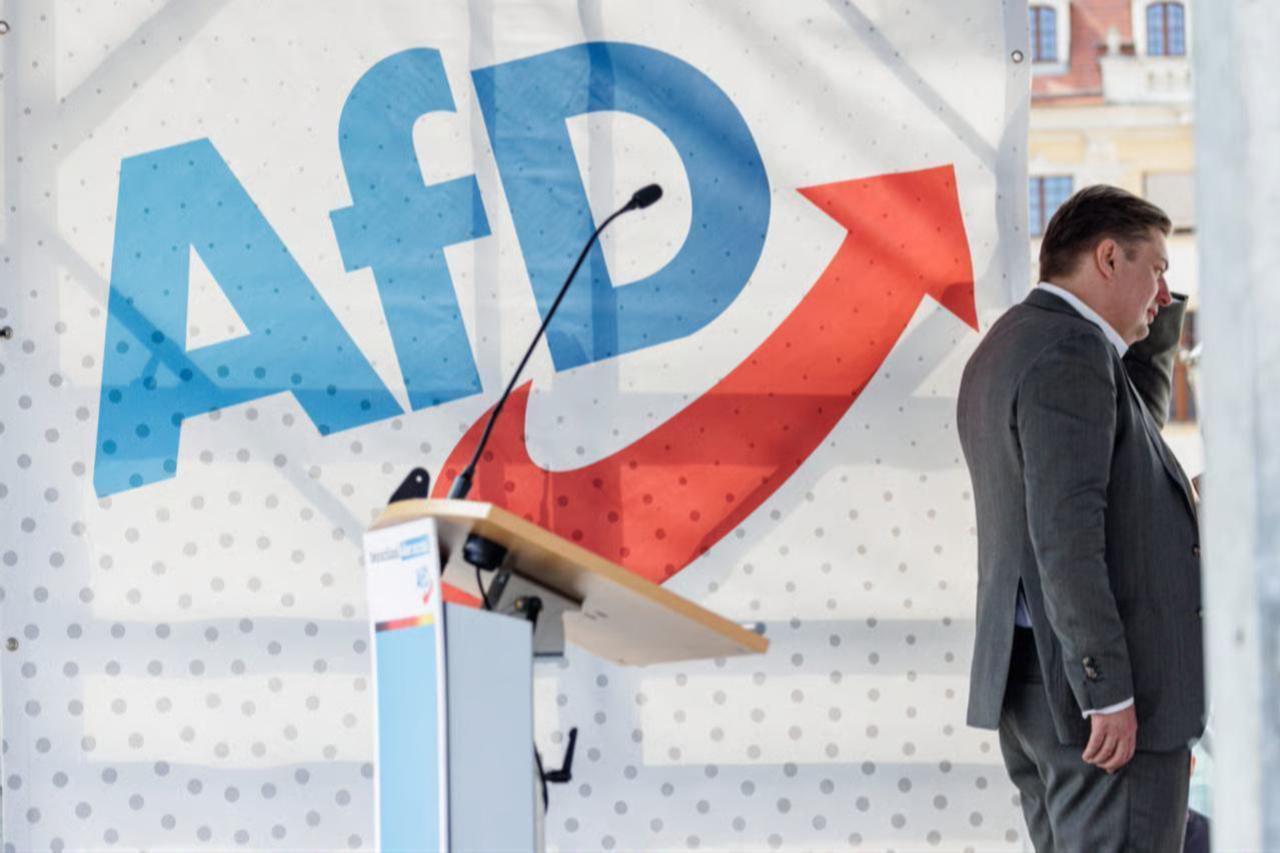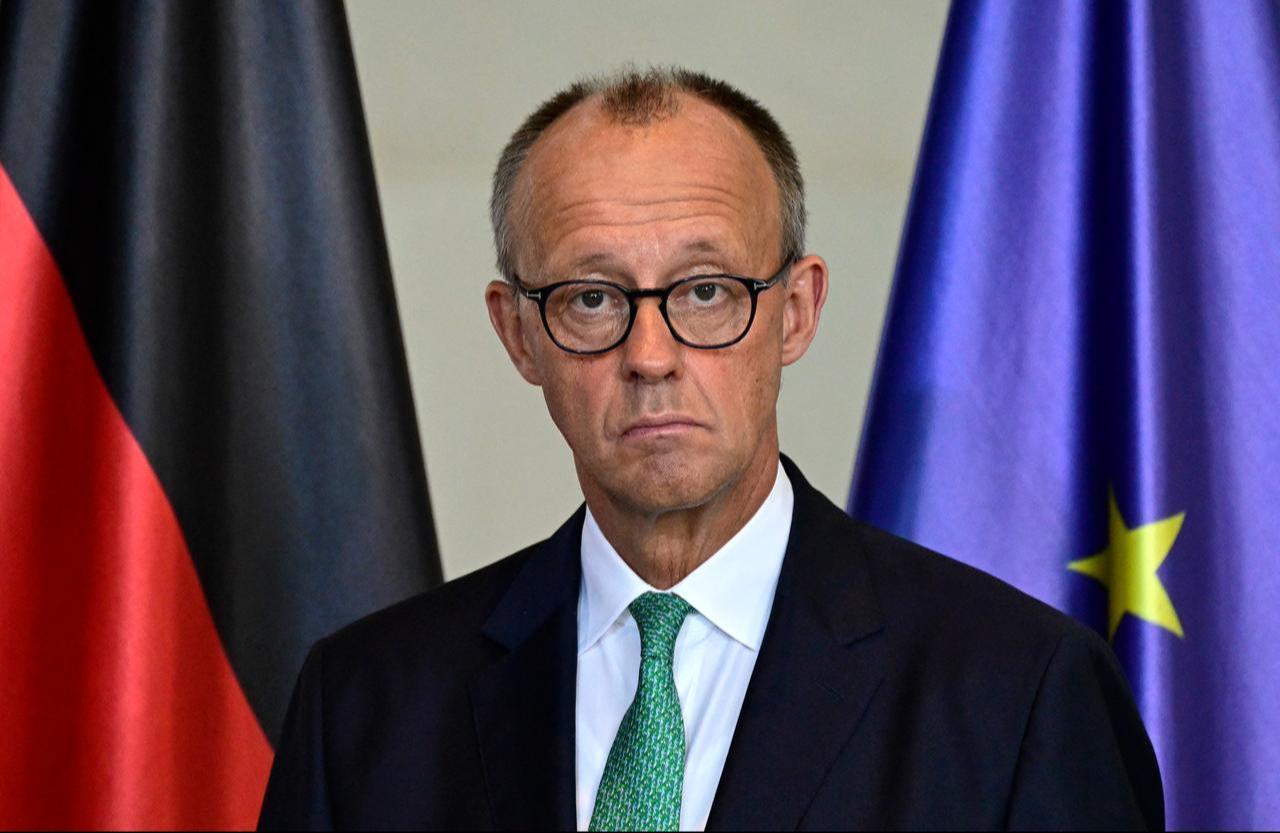
Germany’s far-right Alternative for Germany (AfD) has made strong gains in local elections in North Rhine-Westphalia (NRW), nearly tripling its 2020 vote share and underlining its advance in the country’s western industrial heartland.
According to provisional results:
| Party | Vote Share (2025) | Vote Share (2020) | Change |
|---|---|---|---|
| CDU (Christian Democrats) | 33.3% | 34.3% | -1.0 |
| SPD (Social Democrats) | 22.1% | 24.1% | -2.0 |
| AfD (Alternative for Germany) | 14.5% | 5.1% | +9.4 |
| Greens | 13.5% | 20.0% | -6.5 |
| Left Party | 5.6% | 3.8% | +1.8 |
| FDP (Free Democrats) | 3.7% | 5.6% | -1.9 |
Voter turnout reached 56.8%, up from 51.9% in 2020.
The AfD’s surge—from 5.1% to 14.5%—signals its growing ability to mobilize support outside its eastern base. In Gelsenkirchen, a traditional SPD stronghold, the AfD mayoral candidate secured nearly 30% of the votes and advanced to a runoff. In Duisburg, the party won about a fifth of the electorate.
The party, co-led by Alice Weidel and Tino Chrupalla, has drawn support from working-class voters in the Ruhr region, an area marked by deindustrialization and high immigration.
The SPD’s 22.1% marks its weakest postwar performance in NRW. “We weren’t able to stop the downward trend,” admitted SPD co-chair and labor minister Bärbel Bas on television. “We have to ask ourselves how we can get out of this slump.”

Despite slipping one percentage point, the CDU retained its position as the largest party with 33.3%.
NRW state premier Hendrik Wüst expressed gratitude to voters but acknowledged the challenges:
“Everyone will ask themselves, what are the right answers in terms of poverty and migration? Are all parts of our social systems really fair?”
Approximately 3 million people of Turkish origin live in Germany, with about 1 million in NRW. Around 20,000 candidates, many from immigrant backgrounds, contested the elections.
Alongside municipal elections, integration council (Uyum Meclisi) elections were held, giving non-German residents a voice in local governance on issues such as education, culture, equality, and anti-discrimination.